The Curtains in the House of the Metaphysician
The Problem of Life is old. I have endeavored to approach it afresh, with a new method, in a new spirit, from a new point of view.
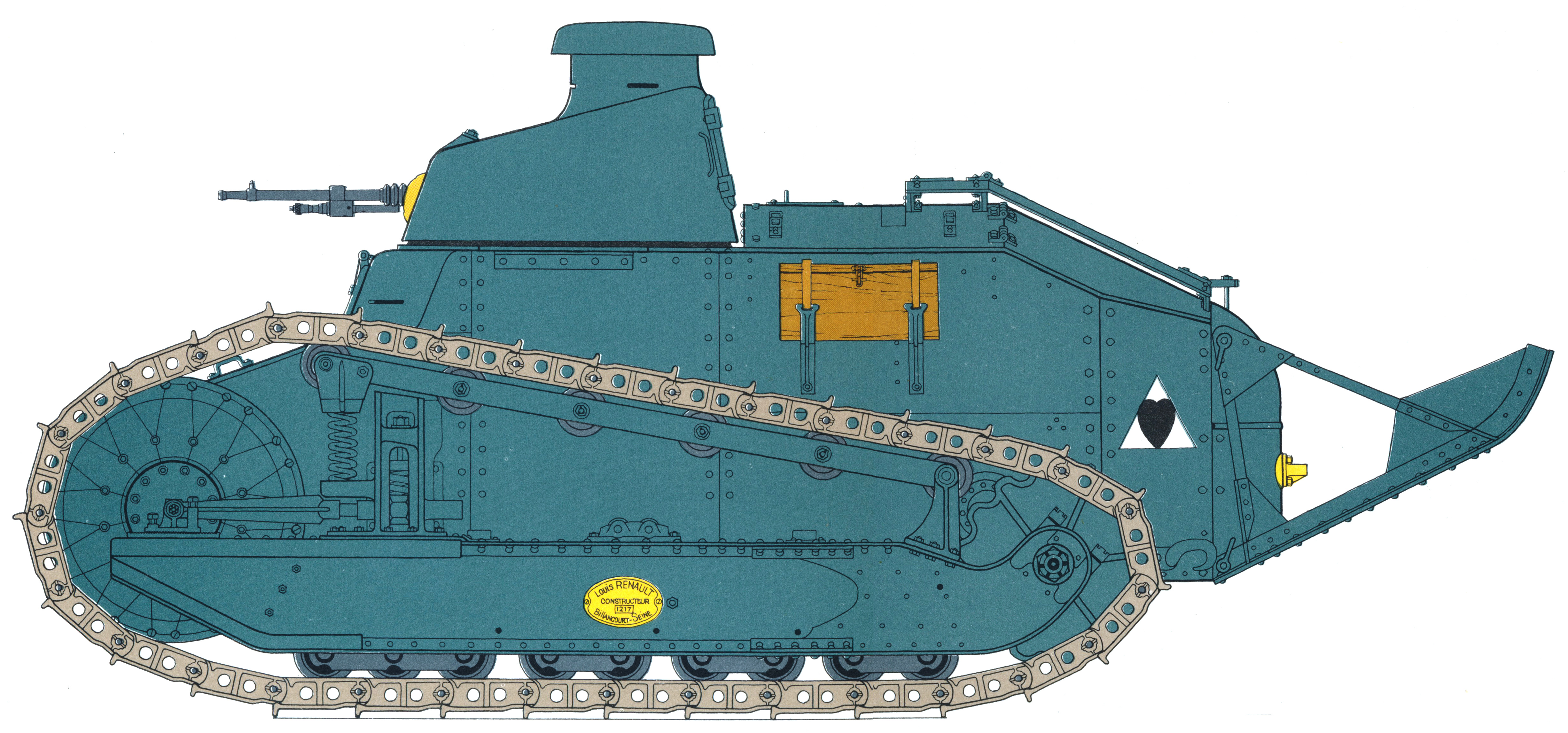


The Curtains in the House of the Metaphysician
Wallace Stevens
1919
Wallace Stevens
1919
It comes about that the drifting of these curtains
Is full of long motions, as the ponderous
Deflations of distance; or as clouds
Inseparable from their afternoons;
Or the changing of light, the dropping
Of the silence, wide sleep and solitude
Of night, in which all motion
Is beyond us, as the firmament,
Up-rising and down-falling, bares
The last largeness, bold to see.
Is full of long motions, as the ponderous
Deflations of distance; or as clouds
Inseparable from their afternoons;
Or the changing of light, the dropping
Of the silence, wide sleep and solitude
Of night, in which all motion
Is beyond us, as the firmament,
Up-rising and down-falling, bares
The last largeness, bold to see.


“Harmonium”
Poetry Collection- Earthy Anecdote
-
Invective Against Swans
-
In the Carolinas
-
The Paltry Nude Starts on a Spring Voyage
-
The Plot Against the Giant
-
Infanta Marina
-
Domination of Black
-
The Snow Man
-
The Ordinary Women
-
The Load of Sugar-Cane
-
Le Monocle de Mon Oncle
-
Nuances of a Theme by Williams
-
Metaphors of a Magnifico
-
Ploughing on Sunday
-
Cy Est Pourtraicte, Madame Ste Ursule, et Les Unze Mille Vierges
-
Hibiscus on the Sleeping Shores
-
Fabliau of Florida
-
The Doctor of Geneva
-
Another Weeping Woman
-
Homunculus et La Belle Etoile
-
The Comedian as the Letter C
-
From the Misery of Don Joost
-
O Florida, Venereal Soil
-
Last Look at the Lilacs
- The Worms at Heaven's Gate
- The Jack-Rabbit
- Anecdote of Men by the Thousand
- The Silver Plough Boy
- The Apostrophe to Vincentine
- Floral Decorations for Bananas
- Anecdote of Canna
- Of the Manner of Addressing Clouds
- Of Heaven Considered as a Tomb
- Of the Surface of Things
- Anecdote of the Prince of Peacocks
- A High-Toned Old Christian Woman
- The Place of the Solitaires
- The Weeping Burgher
- The Curtains in the House of the Metaphysician
- Banal Sojourn
- Depression Before Spring
- The Emperor of Ice-Cream
- The Cuban Doctor
- Tea at the Palaz of Hoon
- Exposition of the Contents of a Cab
- Disillusionment of Ten O'Clock
- Sunday Morning
- The Virgin Carrying a Lantern
- Stars at Tallapoosa
- Explanation
- Six Significant Landscapes
- Bantams in Pine-Woods
- Anecdote of the Jar
- Palace of the Babies
- Frogs Eat Butterflies. Snakes Eat Frogs. Hogs Eat Snakes. Men Eat Hogs.
- Jasmine's Beautiful Thoughts Underneath the Willow
- Cortège for Rosenbloom
- Tattoo
-
The Bird with the Coppery, Keen Claws
- Life is Motion
-
Architecture
- The Wind Shifts
- Colloquy with a Polish Aunt
- Gubbinal
- Two Figures in Dense Violet Night
- Theory
- To the One of Fictive Music
- Hymn from a Watermelon Pavilion
- Peter Quince at the Clavier
- Thirteen Ways of Looking at a Blackbird
- Nomad Exquisite
- Tea
- To the Roaring WindPoems Added to Harmonium (1931)
- The Man Whose Pharynx Was Bad
- The Death of a Soldier
- Negation
- The Surprises of the Superhuman
- Sea Surface Full of Clouds
- The Revolutionists Stop for Orangeade
- New England Verses
- Lunar Paraphrase
- Anatomy of Monotony
- The Public Square
- Sonatina to Hans Christian
- In the Clear Season of Grapes
- Two at Norfolk
- Indian River
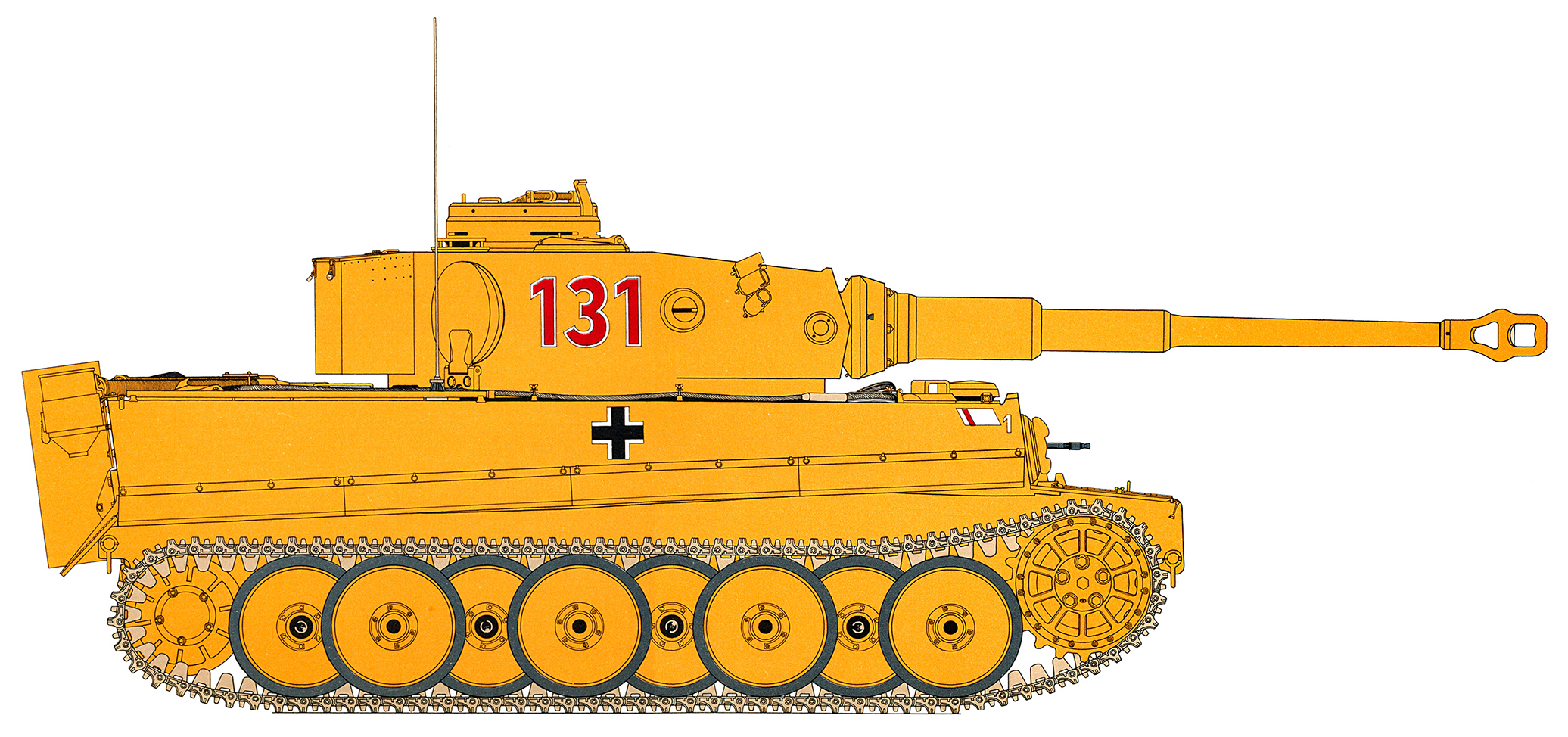
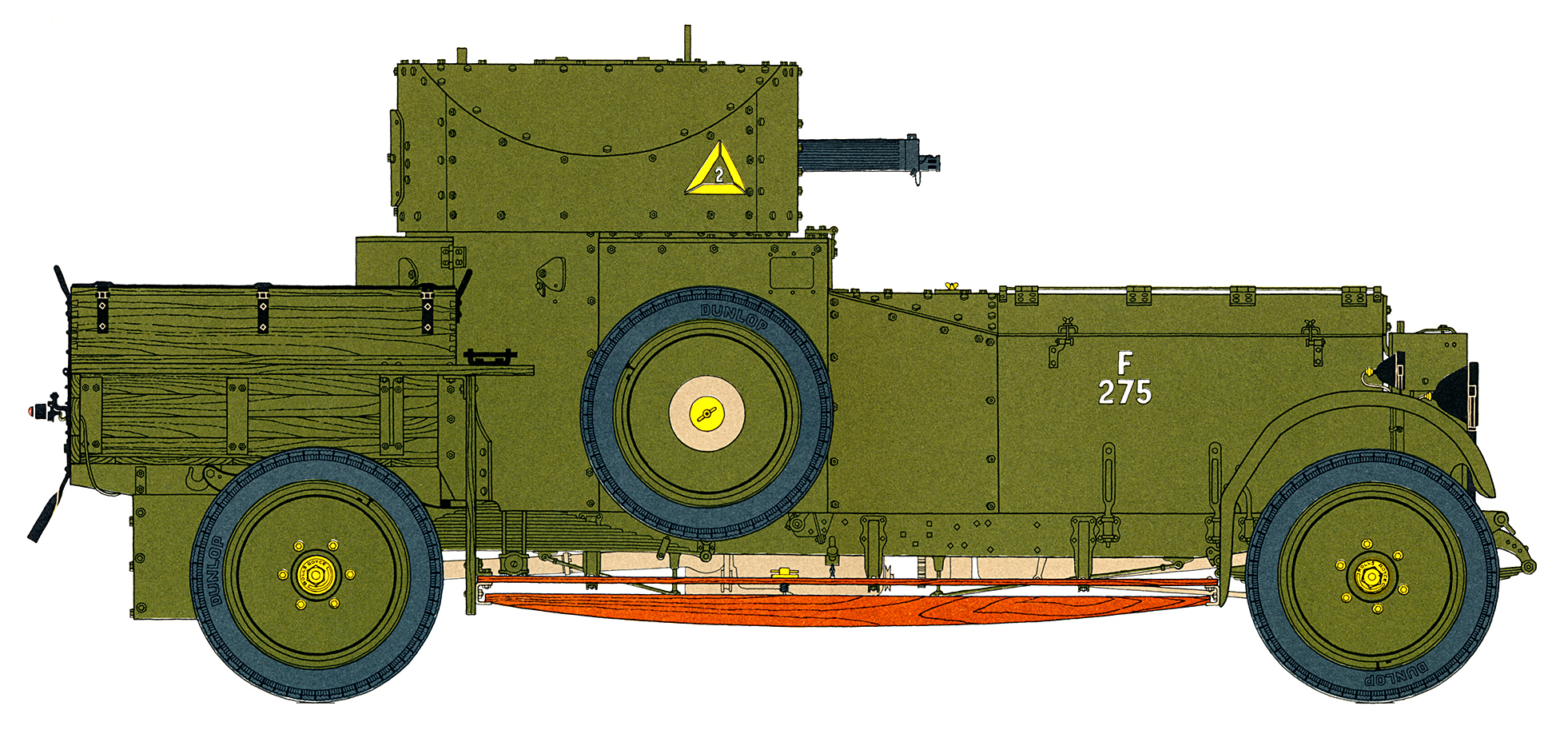

The Common Life
I care not so much what I am to others as what I am to myself. I will be rich by myself, and not by borrowing.
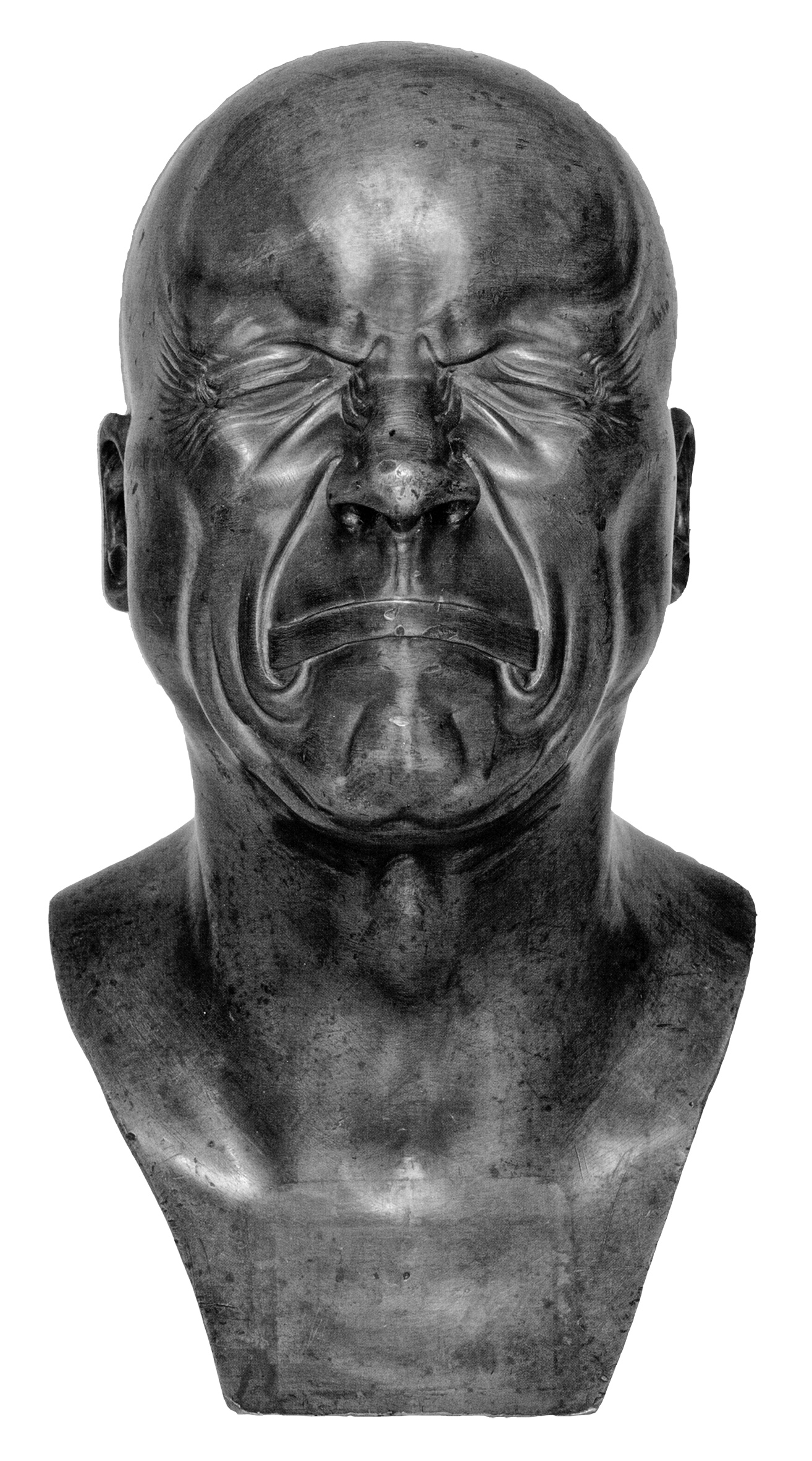




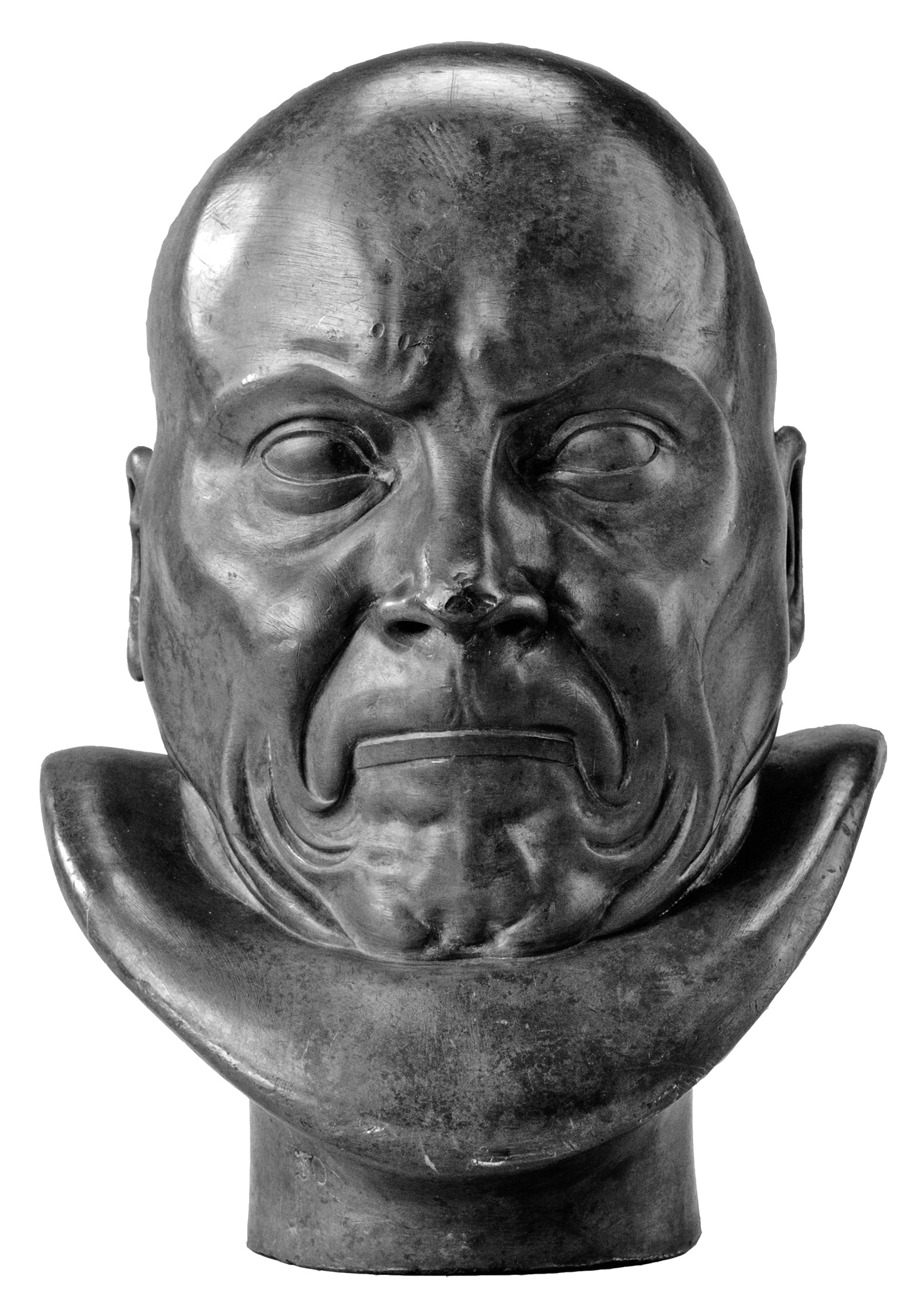

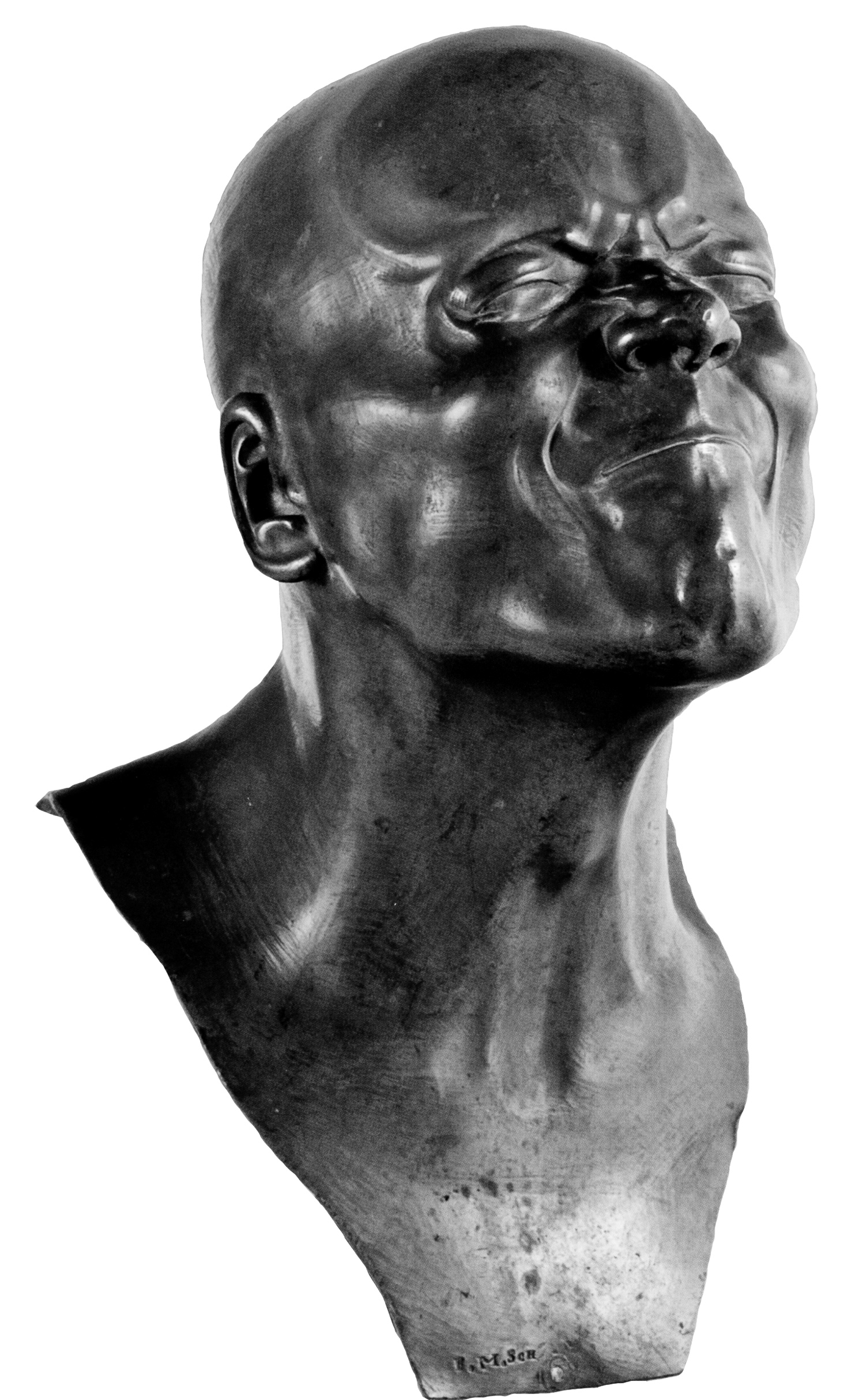
The Common Life
Wallace Stevens
1939
Wallace Stevens
1939
That’s the down-town frieze,
Principally the church steeple,
A black line beside a white line,
And the stack of the electric plant,
A black line drawn on flat air.
It is a morbid light
In which they stand,
Like an electric lamp
On a page of Euclid.
In this light a man is a result,
A demonstration, and a woman,
Without rose and without violet,
The shadows that are absent from Euclid,
Is not a woman for a man.
The paper is whiter
For these black lines.
It glares beneath the webs
Of wire, the designs of ink,
The planes that ought to have genius,
The volumes like marble ruins
Outlined and having alphabetical
Notations and footnotes.
The paper is whiter.
The men have no shadows
And the women have only one side.
Principally the church steeple,
A black line beside a white line,
And the stack of the electric plant,
A black line drawn on flat air.
It is a morbid light
In which they stand,
Like an electric lamp
On a page of Euclid.
In this light a man is a result,
A demonstration, and a woman,
Without rose and without violet,
The shadows that are absent from Euclid,
Is not a woman for a man.
The paper is whiter
For these black lines.
It glares beneath the webs
Of wire, the designs of ink,
The planes that ought to have genius,
The volumes like marble ruins
Outlined and having alphabetical
Notations and footnotes.
The paper is whiter.
The men have no shadows
And the women have only one side.